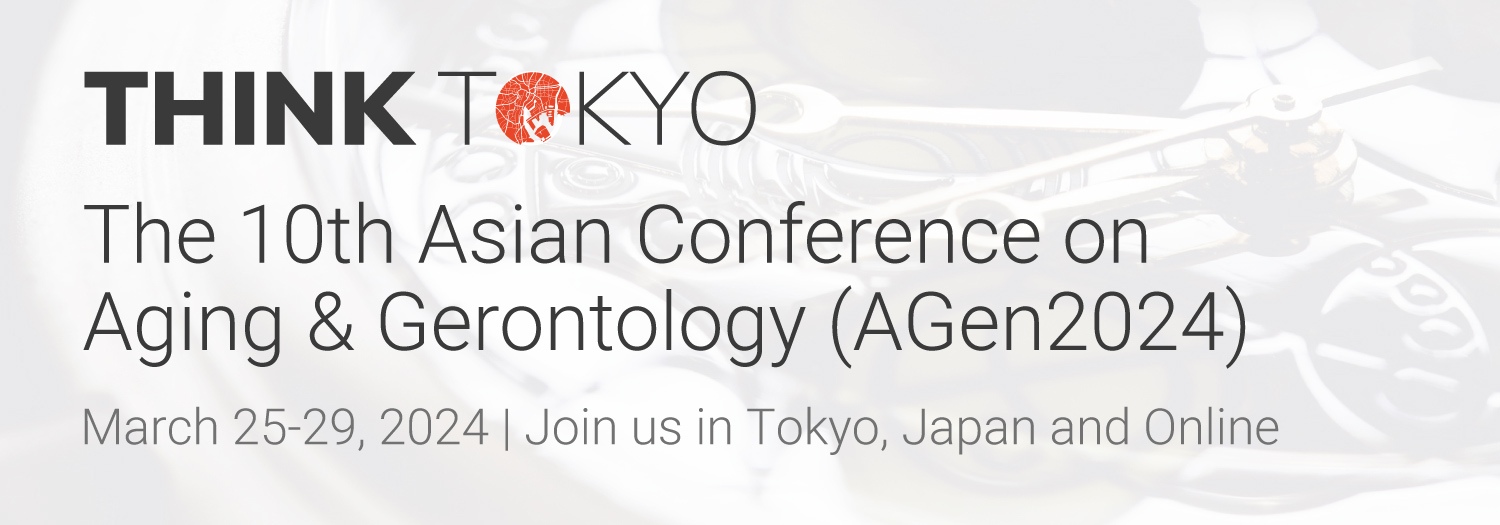Enhancing Students’ Scientific Literacy in DNA Technology Through Argument-Driven Inquiry (78827)
Session Chair: Christian Vincente
Friday, 29 March 2024 10:50
Session: Session 2
Room: Room A (Live Stream)
Presentation Type: Live-Stream Presentation
Scientific literacy is considered as the main goal of science education. This research aimed to study the effect of argument-driven inquiry (ADI) on tenth grade students’ scientific literacy in the topic of DNA technology. Samples were 40 tenth grade students in the science-mathematics class from a school in Nakhon Prathom province, Thailand. They were obtained by cluster random sampling. One-group pretest posttest design was used in this study. Research instruments were ADI lesson plans and scientific literacy test on DNA technology. Data were analyzed by percentage, mean, standard deviation, paired-sample t-test and one sample t-test.
The results were found that, before learning with ADI, students' scientific literacy was at a level of 3 and below, with average scores were at the level of 1b. After learning with ADI, students’ scientific literacy improved to a level of 4 – 6, with the average score reaching level 4. The average score of students’ science literacy posttest was statistically significantly higher than the pretest at the level of .05. Additionally, the percentage of students who have scientific literacy at level 3 and above was statistically significantly higher than the 70% threshold at the .05 level. The results indicated that ADI learning model has the potential to enhance scientific literacy.
Authors:
Khanarak Kitprasoet, Srinakharinwirot University, Thailand
Navara Seetee, Srinakharinwirot University, Thailand
About the Presenter(s)
Mr Khanarak Kitprasoet is a University Postgraduate Student at Srinakharinwirot University in Thailand
See this presentation on the full schedule – Friday Schedule





Comments
Powered by WP LinkPress